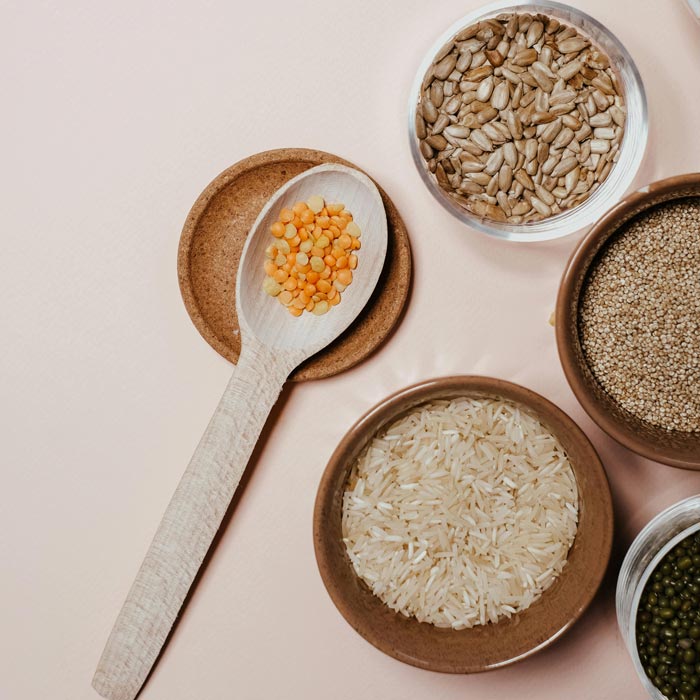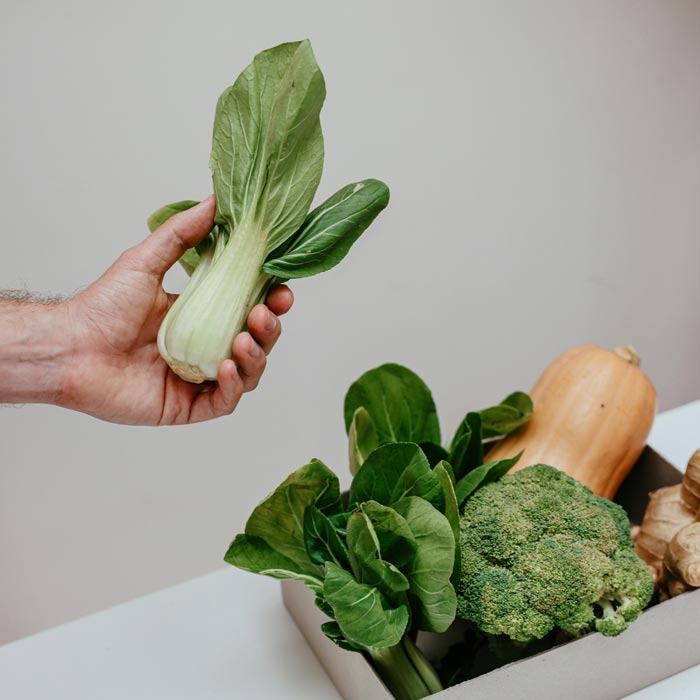Natural Stool Softeners To Keep Constipation at Bay
Constipation is one of the most common digestive complaints worldwide. Constipation can lead to a number of digestive symptoms and discomfort, and it can affect an individual’s overall quality of life..
Constipation is caused when food accumulates in the colon (the last part of intestines) and can’t be excreted effectively and often. Constipation can cause pain, discomfort and other symptoms such as bloating, nausea, cramping and heaviness. Natural stool softeners can be an effective home remedy to relieve dry, hard and difficult-to pass stool. Constipation is often treated with stool softeners.
Takeaways:
- Psyllium, a seed rich in soluble fibers that softens stools and helps to retain water in the colon.
- The addition of dried plums and other fruits to your colon will increase the frequency of your stools.
- Senna, a woody edible plant, has a laxative stimulatory effect on the colon that increases bowel movements. Avoid serious side effects by taking it only for a short time.
- Flaxseeds have mild laxative and anti-inflammatory properties. Daily consumption reduces straining and improves stool frequency.
- Magnesium helps retain water in colon, which softens stools. Magnesium in excess can cause diarrhea.
- Ginger root, which is related to turmeric, contains two bioactive compounds: gingerols (gingerols) and shogaols. These phytochemicals reduce inflammation, improve colonic and gastric motility and nausea and vomiting.
- Constipation can be avoided by hydration, fiber consumption, exercise and not ignoring your urge to go
Constipation is a common condition.
Constipation can be characterized by any or all of the following symptoms:
- Fewer than three bowel movements per week
- The act of squeezing or pushing someone to escape.
- Dry, hard stools are not acceptable for a stoma.
- Feeling like there is a blockage within your rectum.
- Feeling that you cannot completely empty your colon.
Constipation is caused by a variety of factors.
The digestive tract, which runs from the mouth to the anus, is a tube that is responsible for digestion and absorption of nutrients. The organ is vital to our health, growth and development but can be compromised. The colon is a part of the intestines that stores stool (remnants from digestion and detoxification) temporarily. The colon is emptied by the contraction of the colon, which pushes the stool out of the rectum or anus and along the colon. This process is called peristalsis. Constipation can be caused by a variety of factors that reduce colon peristaltic movement. Low water or fiber intake is the most common cause, followed by stress, sedentary living, and certain medications.
Natural stool softener alternatives
Psyllium
The herb-like plantago ovata is the source of psyllium. It produces tiny, soluble-fiber-rich seeds that work as a gentle laxative to increase stool volume by attracting more water.
In a randomized, controlled, double-blind trial, 5.1 grams of psyllium (smooth metamucil), taken twice daily for two weeks, was superior than docusate (Colace), in terms of softening stools by increasing the water content.
Add a teaspoon of psyllium seed, husk or powder to eight to ten ounces liquid daily to soften stools.
Prunes/Dried Plums
The dried plums or prunes contain sorbitol, a sugar alcohol, which has laxative properties in the colon. It increases water content, fiberous bulk and stool frequency.
In a controlled, randomized study, 50g dried prunes twice daily (6g fiber/day), beat an psyllium intervention (11.5g psyllium, twice daily, 6g fibre) for improving stool frequency. Researchers reported that prunes/dried fruit should be used as the first treatment for constipation. Mango, figs and Kiwi were also shown to soften stools.
Eat prunes, kiwi or mango every day or at least several times per week to keep your stool soft and reduce constipation.
Senna
Senna or alexandrina, a woody shrub that produces a laxative stimulatory effect when consumed. Senna, an FDA approved over-the counter laxative, is used to treat constipation in the short term or as a bowel preparation before surgery or colonoscopy. Senna stimulates nerves and the colon to contract, which helps produce bowel movement. One randomized-controlled trial (STIMULAX trial) found that colorectal surgery patients receiving both stimulant (including senna) and osmotic laxatives recovered gastrointestinal function earlier with less post-surgery complications compared to those with placebo.
Senna can become addictive, so avoid using it for a long time.
Drink a cup or two of Senna tea just before going to bed if you have constipation, hard stools, or other occasional problems.
Flaxseed
Flaxseed (also known as linseed) is a small seed rich in omega-3 fats that are anti-inflammatory, lignans and fibers. It also contains bioactive compounds and helps to improve digestion and reduce inflammation. This is especially beneficial for people with IBD.
In a randomized controlled trial, people with constipation saw improvements in the frequency and straining associated with their bowel movements after consuming 50g of flaxseed meal daily for four weeks.
Add flaxseed ground or flaxseed oils to yogurt, smoothies and cooked grains.
Magnesium
Magnesium, an electrolyte and element, helps to relax smooth muscles and aids in colon retention. According to research, while magnesium citrate has been used as a supplement for constipation and bowel preparation, magnesium hydroxide or gluconate have milder laxative effects.
In a placebo-controlled, randomized trial, those who consumed either 1.0g of senna/day or 1,5g of magnesium oxide/day for 28 days as compared with placebo showed greater improvement in bowel movement frequency.
Start with a dose of 200-400mg magnesium per day, and then increase it as necessary to soften the stool. Do not exceed 1500mg per dose unless your doctor has prescribed it. This will minimize the risk of diarrhea.
Ginger Root
The tea made from the ginger root is caffeine-free and stimulant free. It comes from a plant that is closely related to turmeric. Ginger tea can also be used to treat constipation-induced vomiting or slow intestinal motility, which may cause hardened stools. In double-blinded, randomised controlled trials, 1.0-2.0 grams of ginger per day reduced nausea and vomiting and improved gastric function compared to placebo. Ginger’s effect on the colon is not well understood, but it can help with generalized abdominal discomfort. It may also be worth a try for constipation symptoms.
What can I do to prevent constipation?
Drink half of your body weight in fluid ounces to help the colon work properly. Hydration is important in preventing constipation. You should also eat the recommended amount (about 14g of fiber per 1000 calories), move your body every day to avoid a sedentary life, and don’t ignore the urge to urinate when you feel it. Waiting too long can make it more difficult for you to pass your stool.
Constipation is a common problem that affects nearly everyone at some point. Consider using natural alternatives such as psyllium and magnesium, prunes and flaxseeds, senna and ginger as well as increasing your water and fiber consumption and your daily activity.
Resources
- Wiley Online Library. Randomised clinical trial: dried plums (prunes) vs. psyllium for constipation.
- Cornell Health. Laxative Use: What to Know.
- NIH. Impact of STIMUlant and osmotic LAXatives (STIMULAX trial) on gastrointestinal recovery after colorectal surgery: randomized clinical trial.
- European Review for Medical and Pharmacological Sciences. Can nausea and vomiting be treated with ginger extract?
- Wiley Online Library. Psyllium is superior to docusate sodium for treatment of chronic constipation.
- MedlinePlus Trusted Health Information for You. Senna.
- MountSinai. Psyllium.
- AJG. Senna Versus Magnesium Oxide for the Treatment of Chronic Constipation: A Randomized, Placebo-Controlled Trial.







